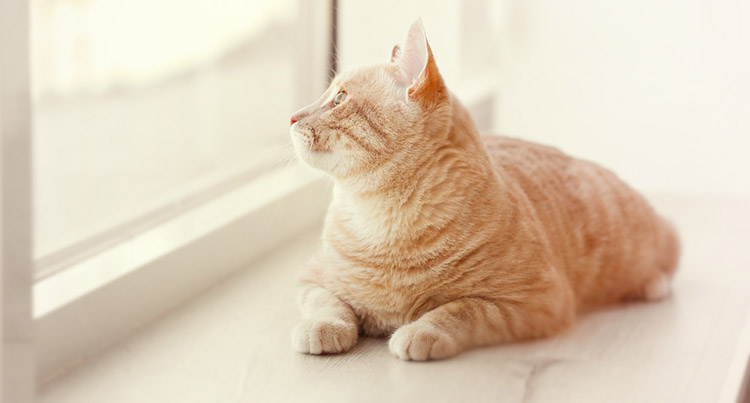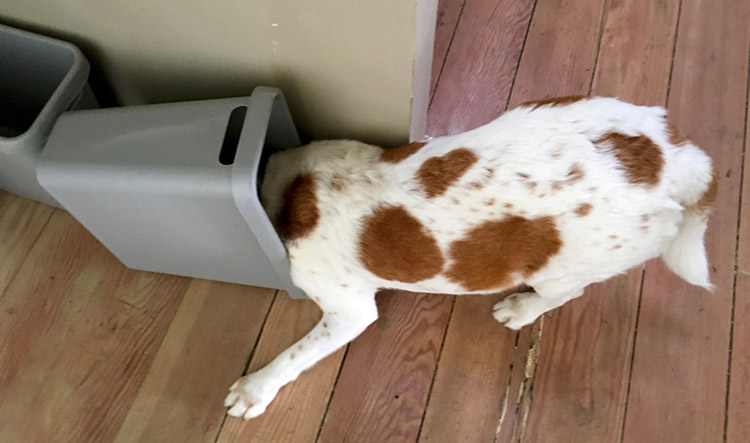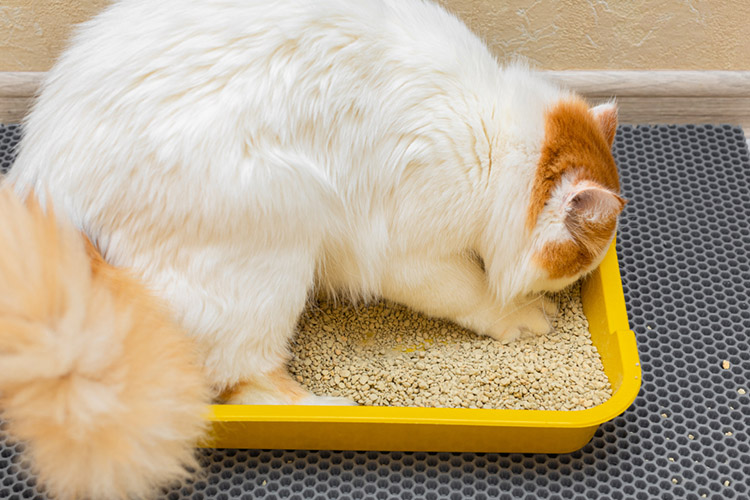New cat
How to set up your home to help your new cat settle in quickly
Cats, Adopters, Cat behaviour, Kitten

Small changes in your pet’s behaviour and habits could be a sign of an ongoing illness or injury. Cats, in particular, are very good at hiding when they are in pain as they don’t like to appear vulnerable. Catching an injury or illness early can make a big difference to your pet’s future health.
Keeping a pet diary means you can track anything which is intermittent so you can find a pattern and recognise how long this issue has been going on. This is very useful if you need to speak to an expert, such as a vet or behaviourist.
If your pet is injured or has a sudden change in behaviour, then take them to a vet immediately.



TOP TIP: For cats, it is good to have a litter tray indoors even if they usually go outside. It gives them a choice, you can monitor their poop for changes, and if they need it then it saves your carpet!

If you don’t already have a pet diary, monitor for a few days – unless they have blood in their poop/wee/vomit in which case take them to a vet straight away. Let them take it easy whilst you monitor them, don’t push them to go outside if they don’t want to.
Stress and pain can have very similar symptoms, so consider these questions to help your vet work out what may be the cause:
• Has there been a change in their food?
• Have you changed their litter or where the litter tray is placed?
• Have they had injuries before in the place they are tender in?
• Has there been a change in the house recently – have you redecorated, have people moved in or moved out?
• Has their routine changed? Perhaps a change in your job or routine has also changed their routine.
• Are there new cats or dogs in the neighbourhood?
Don’t panic, and don’t Dr Google it! Especially don’t medicate them yourself – human medications can be poisonous to pets, even if they are for the same issues.
Now, book an appointment with your vet and tell them about the changes you have been noticing. Even if it seems to be stress-related, a good behaviourist will ask you to see a vet before their consultation to rule out anything medical, so it is never a wasted trip.